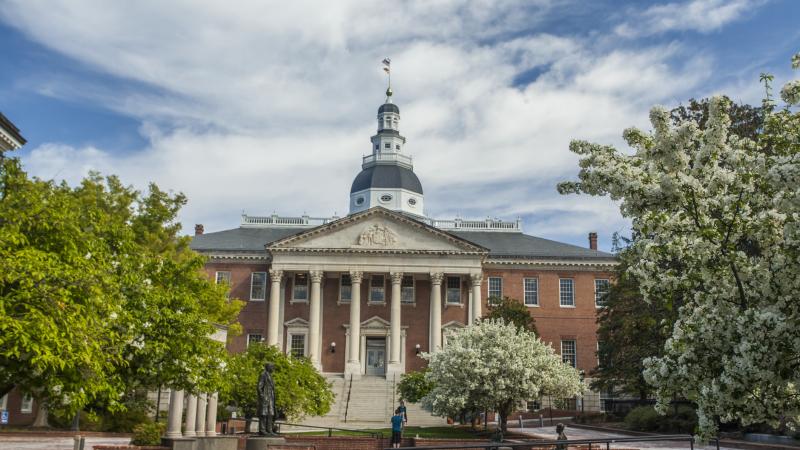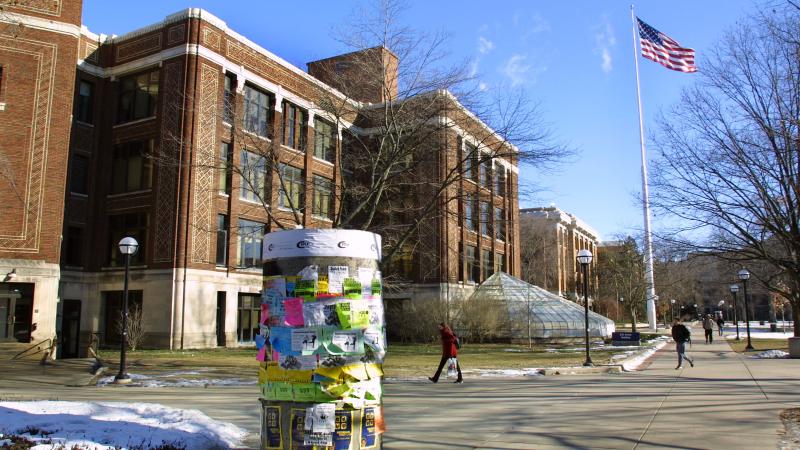CA lawmakers unveil bills to reduce rising fuel, drug costs
The new LCFS standard, approved by the California Air Resources Board is expected to add up to 65 cents to the cost of each gallon of gasoline next year.
(The Center Square) - With the state legislature’s new priority on reducing the state’s high cost of living, both Republican and Democratic lawmakers are rolling out proposals to reduce the cost of energy and drug prescriptions. Democrats have held a trifecta in state government since 2010, including supermajorities in the State Assembly and Senate.
“It’s clear we must chart a new path forward and renew the California dream by focusing on affordability,” said Assembly Speaker Robert Rivas, D-Salinas, in his opening floor speech of the new legislative session.
Republicans in the State Senate and Assembly unveiled bills to repeal the state’s new Low Carbon Fuel Standards, which will increase fuel costs by $162 billion to fund clean transportation fuel credits that include $105 billion in electric vehicle charging credits and $8 billion in hydrogen credits.
The new LCFS standard, approved by the California Air Resources Board — all but two of whose voting members are appointed by the governor — is expected to add up to 65 cents to the cost of each gallon of gasoline next year. Once factoring in other regulations, such as new refinery regulations passed by the governor, Californians will pay up to $1.15 more for gas next year, meaning the average California driver will need to make up to $1,000 more per year in pre-tax income to break even.
“Californians already pay the highest gas prices in the nation, and Gavin Newsom’s political agenda is about to make them even higher,” said Senate Minority Leader Jones, R-San Diego, in a statement. “Our Day 1 priority is protecting Californians at the pump. SB 2 will immediately repeal the Newsom Administration’s 65 cent gas price hike and put an end to their most recent price gouging scheme.”
State Senator Scott Wiener, D-San Francisco, also unveiled a new proposal to reduce drug prices by regulating pharmacy benefit manager middlemen, building on his work from the prior legislative session.
Wiener’s office says that “the share of total spending on prescription drugs that goes to drug manufacturers has declined, while over half of every dollar spent on brand medicines goes to pharmaceutical industry middlemen like PBMs.”
According to the California Department of Managed Care, prescription drug costs have risen 5 percentage points per year over the last five years, suggesting most of the increases are being accrued by PBMs.
Wiener's new bill, SB 41, would ban “spread pricing,” in which PBMs charge health insurance plans more for drugs than what they pay to reimburse pharmacies, keeping the difference as profit. SB 966, his bill signed into law last year, ensures patient cost-sharing is based on actual drug costs and requires manufacturer rebates to be passed through to reduce patient costs.
“When basic life necessities like medication become unaffordable in blue states, working people pay the price,” said Wiener in a statement. “As Democrats, we should be leading on making people’s lives better and more affordable. It’s past time California caught up with other states and put basic protections in place to contain the astronomical cost of basic medications.”
















